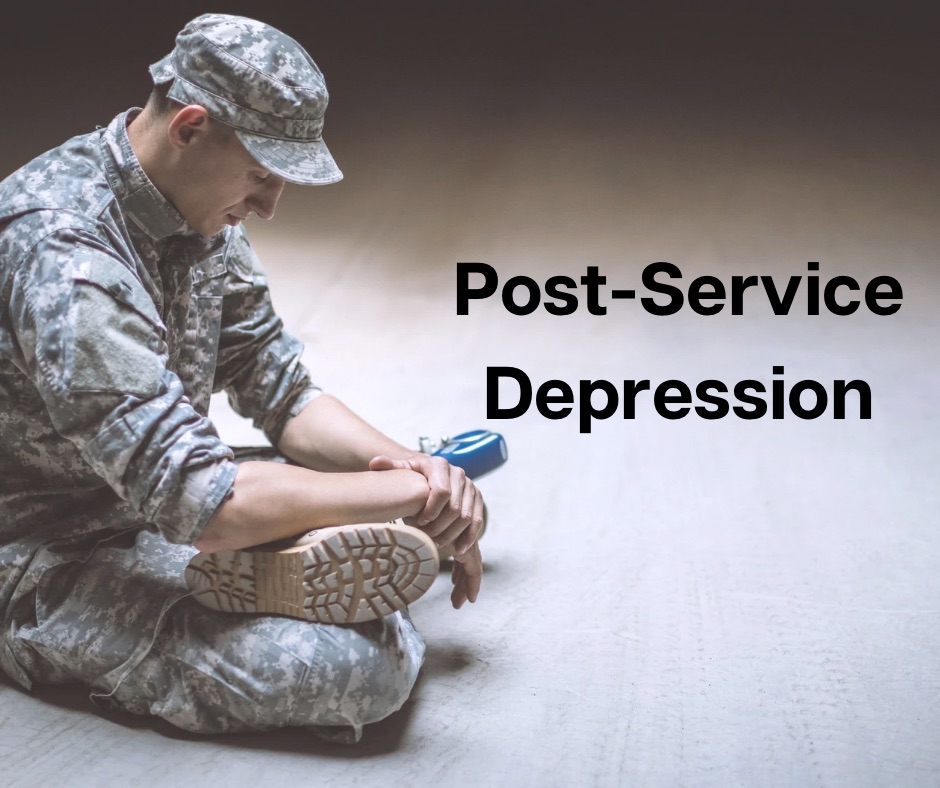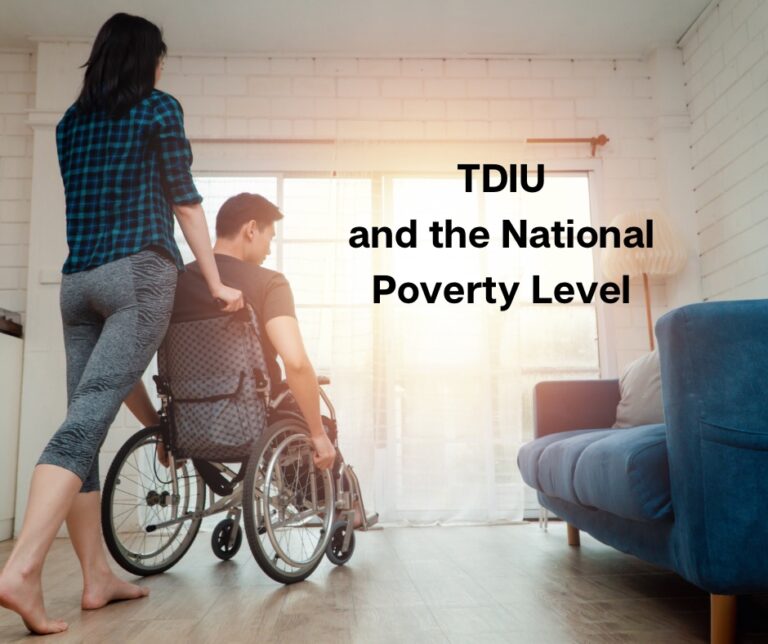Beyond the Battlefield: The Silent Struggle of Post-Service Depression
Post-service depression, often referred to as post-military depression, is a mental health condition that can affect veterans after they have completed their military service. It is a subtype of depression characterized by its onset following military discharge or retirement. This condition can manifest as persistent feelings of sadness, hopelessness, and loss of interest in previously enjoyed activities. It may also be accompanied by symptoms such as changes in appetite, sleep disturbances, and difficulty concentrating.
Don’t say that it could never happen to you. Whether you were in the service for 4 years, or 24 years, post-service depression can affect you. The importance of addressing post-service depression in veterans is significant because of its impact on many areas of life.
Post-service depression can severely impact a veteran’s overall quality of life, making it difficult for them to enjoy daily activities and maintain healthy relationships. This can take the form of a decline in mental health. Post-military depression is a mental health condition characterized by persistent sadness and hopelessness. It can lead to a decline in a veteran’s emotional and psychological well-being, making them feel overwhelmed, anxious, and emotionally drained.

Some veterans may turn to substance abuse as a way to cope with their depression. This can lead to a cycle of addiction that worsens their mental and physical health. Even more concerning is the fact that it can lead to a higher risk of suicide. Substance abuse and depression can lead to a very dark place for some Veterans. It is crucial to identify and treat this condition promptly to prevent such tragic outcomes.
Reintegration into civilian life is challenging for any service member, and post-service depression can make it even more difficult. Depression can hinder a veteran’s ability to successfully reintegrate into civilian society, find employment, and build a fulfilling post-military life. In addition, it can lead to isolation from both family and other social interactions. They may isolate themselves from friends and family, leading to feelings of loneliness and alienation. This isolation can further exacerbate their mental health issues.

Post-service depression can affect employment. Maintaining steady employment can be challenging for veterans with post-military depression. They may struggle with concentration, motivation, and absenteeism, which can result in job loss and financial stress. This can be a factor in a veteran feeling a loss of purpose. Leaving the military often involves a dramatic shift in a veteran’s sense of purpose and identity. They may struggle to find a new purpose or direction in civilian life, which can exacerbate their depression and make suicide seem like an escape from their struggles.
Post-service depression can also have physical health consequences. This can take the form of an impaired immune system. Depression can weaken the immune system, making veterans more susceptible to infections and illnesses. This compromised immunity can lead to frequent illnesses and longer recovery times.
Depression often causes sleep disturbances, including insomnia or excessive sleepiness. Poor sleep quality can exacerbate physical health issues and lead to fatigue and reduced daytime functioning. It can also lead to Veterans not taking their prescribed medication as they should. Veterans with depression who are prescribed medications for their mental health may struggle with medication non-adherence. This can affect their overall health and mental stability.
Depression is not something to ignore with the idea that you will get better in a few days, or with the thought you are just down and you’ll pick back up soon. If you notice you are depressed, seek professional help. If someone close to you mentions that you seem depressed more than usual, don’t ignore it. The VA has trained mental health professionals who deal with depression on a daily basis. Let them help you.







